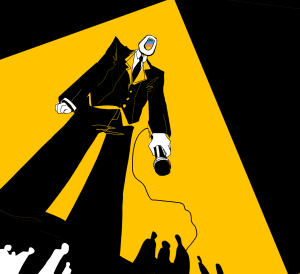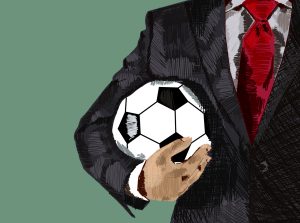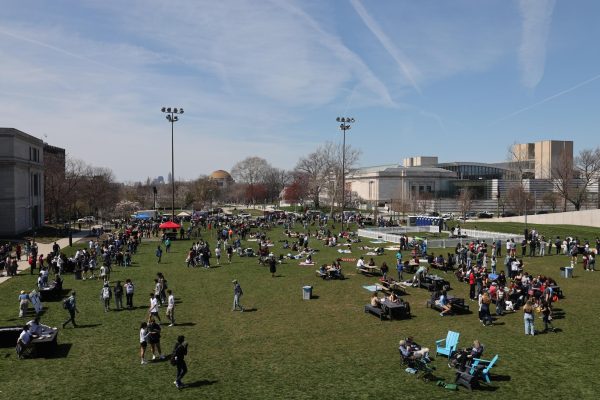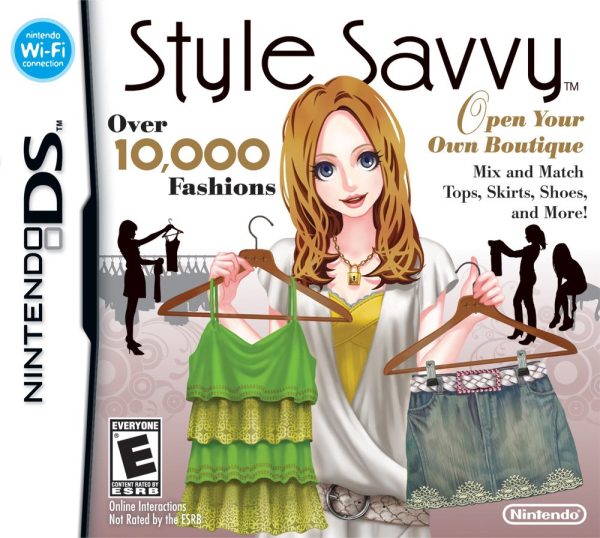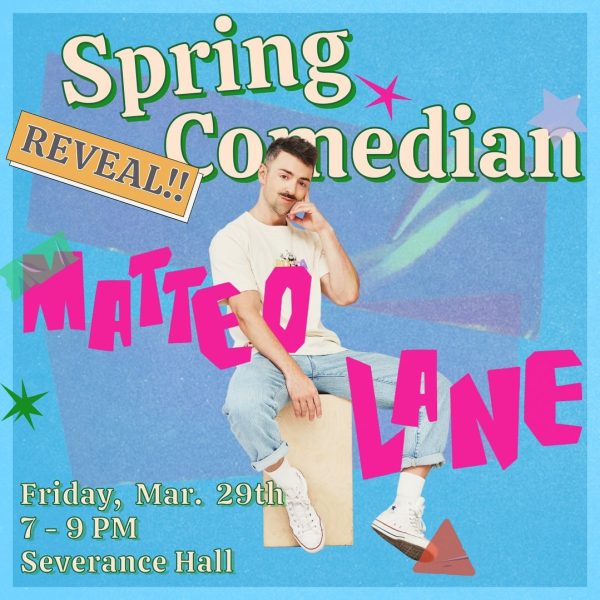Barrett: Reimagine political identity, by necessity
February 10, 2017
I suppose most people, if they had to, would categorize me as a liberal. As a Black, androgynous, bisexual, woman poet, I have been the protester, the scholar, the advocate and the bleeding heart. I have spent a good portion of my adult life, as most of us have, trying to define my values and cultivate my political views into an impenetrable identity, one that was resistant to resist change. I guess that in my case, this was in an effort to be the perfect “liberal” or “leftist.”
I sometimes wonder if this is the general pattern of development for any young person’s political views. What happens, then, when the ideologies and beliefs to which we subscribe prevent us from listening to the stories of others? What are we to do when our prescribed ideologies of liberal and conservative are not able to capture the subjective experiences of trying to “negotiate through the funk” of living in this nation?
I’m asking because there seems to be a conversation looming over the heads of millennials in this polarizing political climate, and it needs to be addressed head on. We cannot deny that we live in a “delete culture,” a culture in which we are able to control what types of information we encounter, reading only those we like, and deleting or blocking those with whom we disagree. We also live in a culture that encourages people to find who they are without actually providing the space, time or resources for the difficult conversations that would produce an intimate knowledge of oneself and the self in relation to community. For all the ways we’ve made ourselves smarter, we’ve also fostered a grave ignorance of ourselves as well as the ideologies of those “on the other side.”
I wrote this because, over the past week or so, I’ve spent a great deal of time reading and listening to the interviews and speeches of the late Supreme Court Justice Antonin Scalia and the recent nominee for his replacement, Neil Gorsuch. I am not ashamed to say that I was apprehensive to engage with the words of either of these men. I know that this comes from my lived experiences as a queer black woman navigating through a space controlled mainly by interests of rich white men. It seems natural that I would be hesitant or distrustful. Still, this was a situation in which I had to lean into my discomfort and be truly attentive to what Scalia and Gorsuch had to say. What I found were two men whom I disagreed with politically, but whom I could respect as knowledgeable legal scholars.
In fact, after reading the speech given by Neil Gorsuch at the Case Western Reserve University School of Law, my own perspective on the role of the judiciary in politics shifted. There are pieces of my previous thoughts on the matter to which I still hold firm, but I couldn’t deny that their words had a significant impact on my thinking.
I am aware of the fact that, as someone who is perceived as a liberal writer, this opinion piece may come off to some as the work of a turn-coat apologist for heteropatriarchal white supremacy masked as political conservatism. The experience of respecting these men while also distrusting them was a strange one; I am still grappling with it. Through this process I have gained a deeper understanding of two things: Firstly, to ignore the words of those with whom you think you may disagree is detrimental to both one’s personal development as well as the desired progress of one’s community. While I don’t think this means forcing oneself to watch Fox News, it does mean that we should challenge ourselves to read the opposing opinions of authors that we know to be credible, diligent writers and thinkers. Secondly, doing the work of engaging the narratives and opinions of others aids in one’s own experience of critical self reflection. It takes the question of political identity out of the context of politics proper, thereby making space for deeper questions like “Why do I believe what I believe?” and “Why do I do what I do?” The latter might be better understood as, “How did I learn to navigate the world around me in such a way that led me to the political values I claim to champion?” By asking myself these questions, I was thrust into the center of my beliefs, politics and identity, rather than having it prescribed to me by an abstract ideology.










